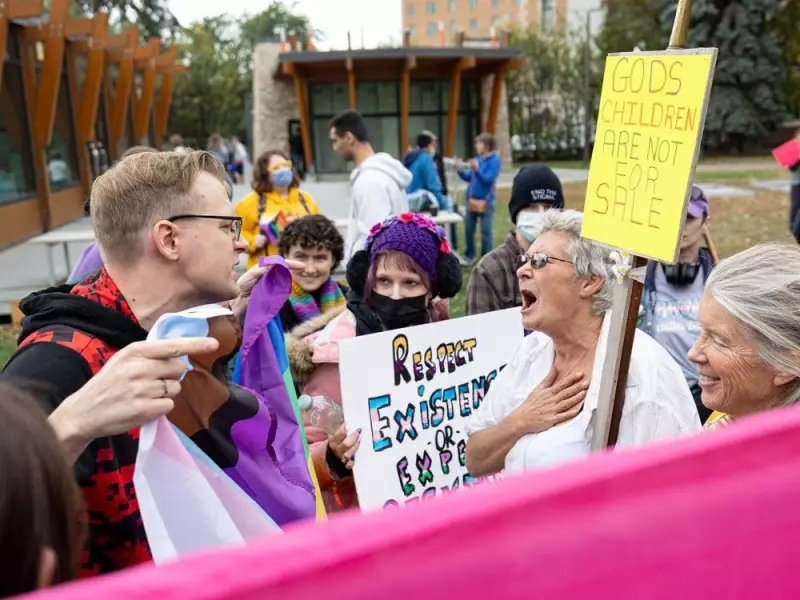
Canada's judicial landscape is set for a historic confrontation as the Supreme Court agrees to hear appeals in the fiercely debated Saskatchewan pronoun consent law case. This legal battle pits provincial authority against Charter rights, with nationwide implications for how schools handle gender identity matters.
The Legal Showdown Reaches Canada's Highest Court
The Supreme Court of Canada has officially placed Saskatchewan's contentious parental consent law on its docket, setting the stage for a definitive ruling on whether provinces can mandate that schools obtain parental permission before using students' preferred names and pronouns. This decision comes after both the Saskatchewan government and LGBTQ+ advocacy group UR Pride Centre for Sexuality and Gender Diversity filed competing appeals.
Background: Saskatchewan's Bill 137
At the heart of the controversy lies Bill 137, the Parents' Bill of Rights, which requires schools to inform parents if children under 16 wish to change their gender-related pronouns or names. The legislation emerged after the Saskatchewan government invoked the notwithstanding clause to shield the policy from Charter challenges, a move that ignited immediate legal and public debate.
Conflicting Court Decisions Fuel Supreme Court Appeal
The legal journey has been marked by conflicting rulings. Initially, a Saskatchewan court granted an injunction pausing the law, citing potential irreparable harm to vulnerable youth. However, the Court of Appeal later overturned this decision, allowing the policy to proceed while acknowledging the case raised serious and novel constitutional questions requiring Supreme Court resolution.
Stakes for National Education and LGBTQ+ Rights
This case transcends provincial boundaries, presenting fundamental questions about:
- The balance between parental rights and children's privacy
- Provincial authority over education versus Charter protections
- The legal status of gender-diverse youth in Canadian schools
- The appropriate use of the notwithstanding clause
Legal experts anticipate the Supreme Court's ruling will establish crucial precedents affecting similar policies being considered in other provinces, particularly New Brunswick's parallel pronoun consent requirement.
What's Next in the Legal Timeline
While the Supreme Court has accepted the case, hearing dates remain unspecified. The court's eventual decision will determine whether Saskatchewan's law can stand or must be struck down, potentially reshaping the landscape of educational policy and LGBTQ+ rights across Canada for generations to come.






